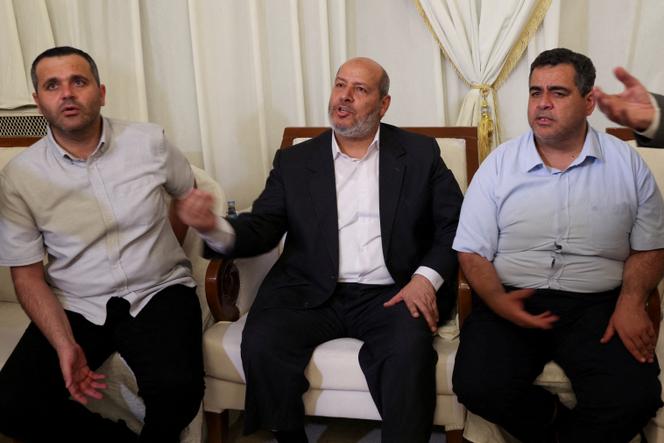


In Doha, the Israeli military likely missed its target. Despite being in Israel's sights, Khalil al-Hayya, Hamas' chief negotiator, and Zaher Jabarin, the movement's finance chief, emerged unscathed from the explosions. What role will they play in the future now that Israel has made clear its intention to decapitate the movement with whom it maintains indirect dialogue through the United States? Hamas quickly pointed out that the strikes on Doha on Tuesday, September 9, occurred while its leaders were meeting to discuss a final American ceasefire proposal.
The day before, a spokesperson for the movement, Bassem Naim, had condemned "a surrender document." Speaking to the Qatari channel Al-Araby, he said: "The main aim of the American proposal is to [get us] to reject it, so that [we] do not come close to an agreement that would end the war." In Doha, however, the Islamist leadership strove to remain credible actors under the watchful eye of US President Donald Trump.
There is no need to analyze these negotiations in detail once again. Since early 2024, they have recycled the same worn-out formulas and failed repeatedly. The two sides never reached an agreement on the core issues. The Islamist movement has demanded the release of hundreds of Palestinian prisoners, the withdrawal of Israeli troops from the enclave, and a permanent end to the war in return for the gradual or immediate release of Israeli hostages. Meanwhile, Israel has always demanded complete and unequivocal surrender from its opponent.
You have 76.82% of this article left to read. The rest is for subscribers only.
